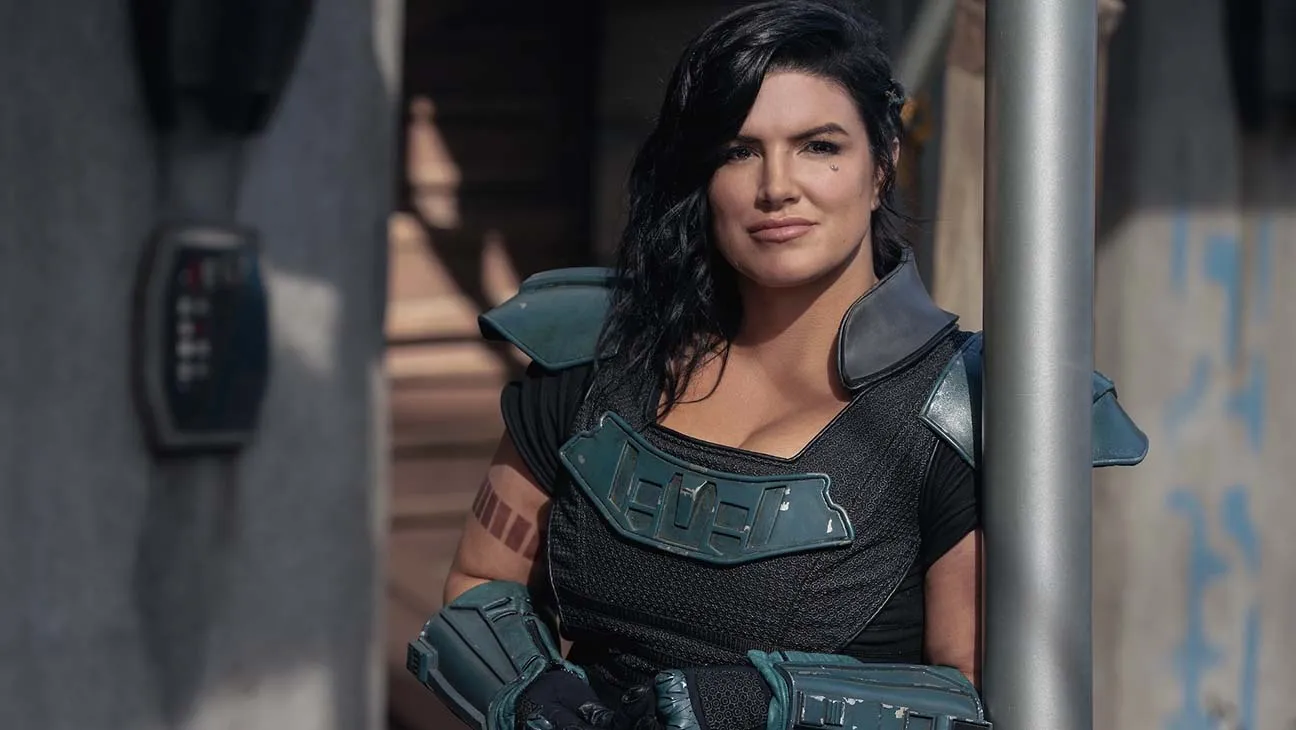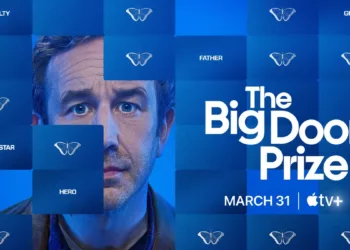In a significant legal challenge that has caught the entertainment industry’s attention, Gina Carano, the actress formerly known for her role as Cara Dune in “The Mandalorian,” has initiated a lawsuit against Disney.
This action follows her controversial exit from the series in February 2021, which sparked widespread debate over the boundaries of free speech and political expression in Hollywood.
Carano’s departure was precipitated by a series of social media posts that Disney deemed controversial, leading to her removal from the Star Wars franchise and the cancellation of potential future projects, including the anticipated spinoff “Rangers of the New Republic.”
The Heart of the Controversy
Carano’s lawsuit, filed in a California federal court, hinges on allegations of discrimination based on her political views. She contends that her social media activity, which she believes was misrepresented, led to her being unfairly targeted and dismissed from “The Mandalorian.”
Carano has publicly stated that her posts were distorted to portray her as being outside the “acceptable narrative of the time,” a perspective she shared in a tweet discussing the lawsuit. This legal battle gains an additional layer of intrigue with the backing of tech mogul Elon Musk, who has pledged to cover the legal expenses for individuals he perceives as discriminated against due to their Twitter activity.
At the core of Carano’s legal argument is the accusation that Disney applied its policies inconsistently, allegedly demonstrating a bias against conservative viewpoints. She contrasts her situation with that of co-star Pedro Pascal, who faced no public reprimand from Disney after a 2017 post comparing Donald Trump to Adolf Hitler.
Carano asserts that the demands placed upon her by Disney, including pressuring her publicist to issue apologies and a proposed meeting with Lucasfilm president Kathleen Kennedy alongside 45 LGBTQ+ employees, were measures she found unacceptable, leading to her eventual dismissal.
Seeking Redress and Recourse
Carano is not only challenging her firing on grounds of wrongful discharge and sex discrimination but is also seeking punitive damages of at least $75,000. Beyond financial compensation, Carano’s lawsuit ambitiously seeks a court order mandating Lucasfilm to recast her in her former role, a demand that underscores the lawsuit’s potential to set a precedent in Hollywood.
This legal confrontation between Carano and Disney is poised to navigate complex issues surrounding freedom of expression, corporate policy, and the implications of social media conduct on professional relationships within the entertainment industry.
This lawsuit stands as a pivotal moment for “The Mandalorian” and the broader Star Wars universe, marking a contentious chapter that diverges sharply from Lucasfilm’s envisioned narrative. As the legal proceedings unfold, the case is set to explore the intricate balance between an individual’s right to free speech and an employer’s right to uphold its brand image and values.
Regardless of the outcome, Gina Carano’s legal battle against Disney is likely to leave a lasting imprint on the entertainment industry, challenging the norms of how companies engage with and respond to the personal expressions of their talent.

























